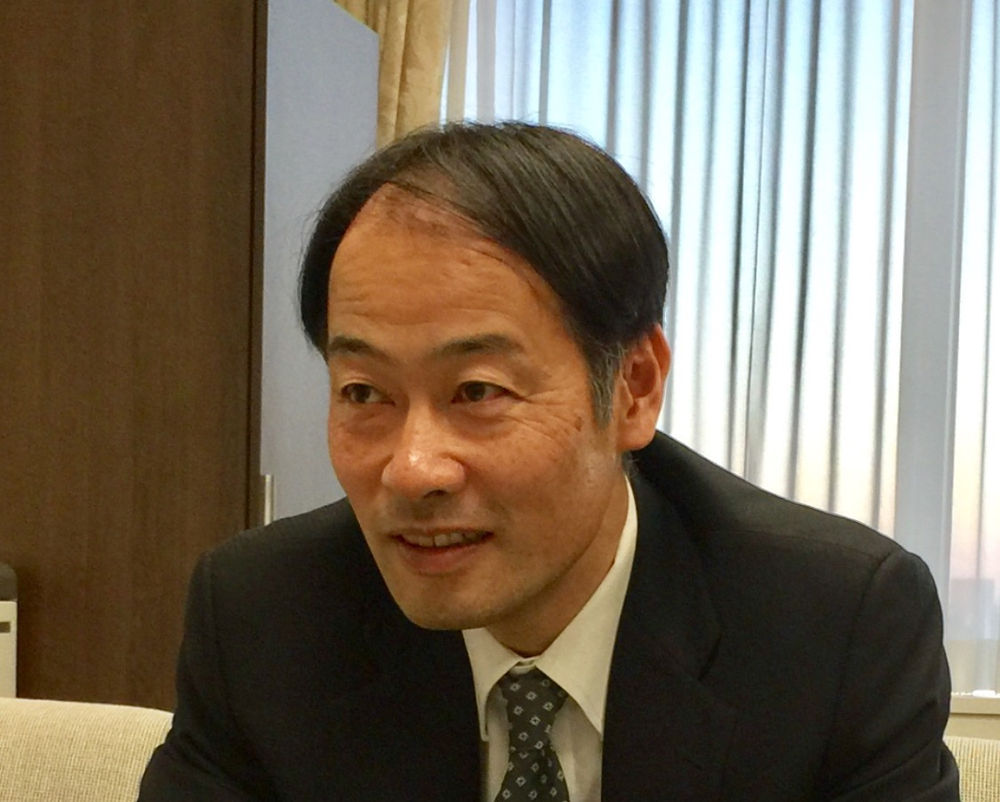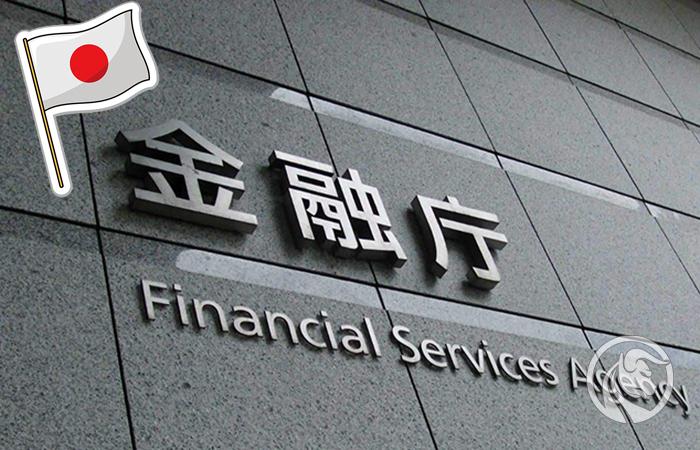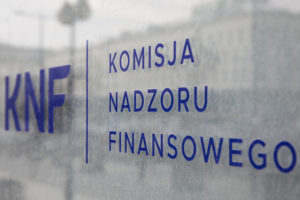Financial Services Agency (FSA) - Japanese financial market regulator
The Financial Services Agency (FSA) it is Japanese regulator responsible for ensuring the stability of the Japanese financial system. The origins of the institution date back to 2000. Initially, the FSA was responsible for the supervision of private companies operating in the financial sector. However, after the reorganization carried out by the Financial Reconstruction Commission (FRC), the Financial Services Agency has become a key institution in the transparency of the entire Japanese financial system. The FSA also prevents money laundering and terrorist financing.
The Financial Services Agency is headquartered in Tokyo. It also has regional branches in, inter alia, Chugoku, Hokkaido, Kanto. The FSA is subordinated to the Japanese Ministry of Finance, where it is required to submit activity reports. The Financial Services Agency also oversees the smaller, more specialized agencies that they are Securities and Exchanges Surveillance Commission and Certified Public Accountants and Auditing Oversight Board.
READ: Japan - Capital Market. How to invest in Japanese companies? [Guide]
What does the Financial Services Agency do
In a nutshell, the Financial Services Agency is the most important supervisor of the Japanese financial market. This means that it deals with:
- Supervision over banks, insurers, trusts and other financial institutions operating on the Japanese market (including fintechs).
- In addition to supervision, the Financial Services Agency also deals with the inspection of financial institutions. This is to detect irregularities, which is to help counteract unfair competition and improve the stability of the Japanese financial market.
- FSA also deals with the introduction of good practices in the financial market that increase transparency and safety of participants (consumers and contractors).
- FSA coordinates its activities with other regulators of the Japanese market. This is to introduce more tight regulations and are in line with the goals of the Japanese government.
- In addition, the FSA is working with foreign counterparts to improve methods of countering terrorist financing and introducing better AML standards. It should be emphasized that the Financial Services Agency is a member of the international organization FATF (Financial Action Task Force), which deals with the implementation of uniform AML (anti-money laundering) standards.
- The FSA ensures compliance with securities trading standards. The Financial Services Agency may impose penalties on institutions that break the law. Also, employees and owners of financial institutions can be punished for non-compliance. The penalty may be imprisonment or the imposition of a financial fine.
Organizational structure of the FSA
The FSA has divided its organizational structure into three areas. Those are:
- Strategy development and management office - the office's tasks include developing the organizational policy and carrying out administrative duties. In addition, this part of the department is responsible for cooperation with foreign financial market regulators.
- Markets and Regulation Office - this part of the market deals with the preparation and implementation of the framework for companies operating on the financial market (including fintechs). The activities of this office are to contribute to the creation of a transparent and safe financial market in Japan.
- Surveillance office - employees working in this department deal with supervision over financial institutions. Supervisory activities are to contribute to the maintenance of appropriate liquidity standards by financial institutions and to ensure the protection of depositors of funds in the financial market.
It is also worth mentioning that SESC (Securities and Exchange Surveillance Comission) and CPAAOB (Certified Public Accountants and Auditing Oversight Board) also operate under the supervision of the FSA.
SESC is responsible for the supervision and Japanese capital market. This applies to both supervision and monitoring of companies operating on the capital market. SESC is also to counteract illegal practices such as the use of confidential information in trading.
In turn, the CPAAOB supervises the area of operation of audit firms. Thanks to the inspections, the regulator ensures that appropriate standards are maintained by the auditors. If deficiencies are found, the CPAAOB recommends specific corrective actions. Larger violations result in the imposition of penalties or the withdrawal of the license. CPAAOB also organizes CPA (Certified Public Accountant) exams in Japan.
Leading FSA employees

Junichi Nakajima, source: fiajapan.org
The highest position in the Financial Services Agency is the Commissioner. Junichi Nakajima is currently appointed to this position. Has higher education. In 1985 he graduated from engineering studies at the University of Tokyo. After graduation, he started working at the Japanese Ministry of Finance. Over the next years, he worked in various positions at the Ministry and in the FSA under his responsibility. He was, inter alia, Vice-commissioner in the Office of Strategy and Management Development, where he was responsible for human resource management in the organization and coordinating FSA policy.
An important position in the FSA is the deputy minister for international affairs. This function is performed by Ms Tomoko Amaya. She started working at the FSA in June 2021. Previously, she worked for two years at the FSA as a vice-commissary. It is worth adding that in 2015 -2019 worked successively at CPAAOB (2015 - 2017) and SESC (2017 -2019). Its tasks include representing the FSA in international organizations regulating the financial market (including a member of BCBS).






















![Forex Club – Tax 9 – Settle tax on a foreign broker [Download the Application] Forex Club - Tax 9](https://forexclub.pl/wp-content/uploads/2024/02/Forex-Club-Podatek-9-184x120.jpg?v=1709046278)
![Trading View platform – solutions tailored to the needs of traders [Review] trading view review](https://forexclub.pl/wp-content/uploads/2024/03/trading-view-recenzja-184x120.jpg?v=1709558918)
![How to connect your FP Markets account to the Trading View platform [Guide] fp markets trading view](https://forexclub.pl/wp-content/uploads/2024/02/fp-markets-trading-view-184x120.jpg?v=1708677291)
![How to invest in ChatGPT and AI? Stocks and ETFs [Guide] how to invest in chatgpt and artificial intelligence](https://forexclub.pl/wp-content/uploads/2023/02/jak-inwestowac-w-chatgpt-i-sztuczna-inteligencje-184x120.jpg?v=1676364263)




![Izabela Górecka – “Success on the market depends not only on knowledge, but also on emotional stability” [Interview] Izabela Górecka - interview](https://forexclub.pl/wp-content/uploads/2024/04/Izabela-Gorecka-wywiad-184x120.jpg?v=1713870578)
![WeWork – the anatomy of the collapse of a company valued at $47 billion [WeWork, part II] wework bankruptcy story](https://forexclub.pl/wp-content/uploads/2024/04/wework-bankructwo-historia-184x120.jpg?v=1711729561)
![Adam Neumann – the man who screwed up Softbank [WeWork, part AND] adam neumann wework](https://forexclub.pl/wp-content/uploads/2024/04/adam-neumann-wework-184x120.jpg?v=1711728724)




![The most common mistakes of a beginner trader - Mr Yogi [VIDEO] Scalping - The most common mistakes of a beginner trader - VIDEO](https://forexclub.pl/wp-content/uploads/2024/03/Scalping-Najczestsze-bledy-poczatkujacego-tradera-VIDEO-184x120.jpg?v=1711601376)
![Learning patience: No position is also a position - Mr Yogi [VIDEO] Scalping - Learning patience - No position is also a position - VIDEO](https://forexclub.pl/wp-content/uploads/2024/03/Scalping-Nauka-cierpliwosci-Brak-pozycji-to-tez-pozycja-VIDEO-184x120.jpg?v=1710999249)
![When to exit a position and how to minimize losses - Mr Yogi [VIDEO] Scalping - When to exit a position and how to minimize losses - VIDEO](https://forexclub.pl/wp-content/uploads/2024/03/Scalping-Kiedy-wyjsc-z-pozycji-i-jak-minimalizowac-straty-VIDEO-184x120.jpg?v=1710336731)



















Leave a Response